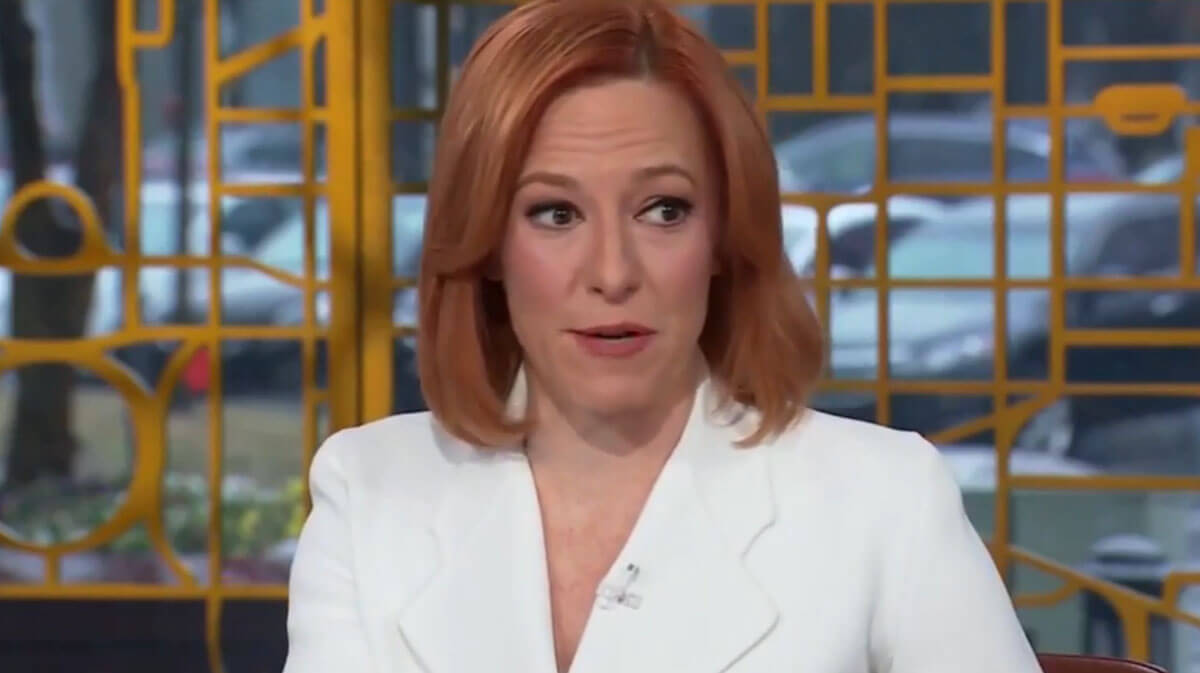Jen Psaki, the former Biden administration press secretary, has experienced a marked decline in viewership for her new MSNBC program, raising concerns regarding the network's evening lineup. Following a promising debut, Psaki's show witnessed a dramatic fall with just over one million viewers tuning in for the second episode, and only 65,000 from the key 25-54 demographic.
This downturn in numbers represents a 46% loss of total viewers and a 54% decrease in the key demographic compared to Rachel Maddow's viewership during the same time frame the previous week. Maddow, MSNBC's top-rated host, drew 1.9 million viewers, including 141,000 from the 25-54 demographic. Psaki's show not only fell short of Maddow's performance but also lagged behind 13 CNN shows and all Fox News programming in terms of viewership, as well as being outperformed by cable reruns such as "Friends," "Seinfeld," and "Everybody Loves Raymond."
The program's performance was particularly lackluster in the competitive 9 p.m. time slot, marking the lowest-rated MSNBC show in that position since December 2024. This comes alongside a broader decline in MSNBC's viewership, exemplified by Nicolle Wallace's "Deadline: White House," which has lost 35% of its audience since President Donald Trump's victory in November 2024.
Wallace's show currently averages around one million viewers per day, down from 1.6 million, with a significant drop in the 25-54 demographic from 144,000 to 93,000. This shift has impacted her advertising appeal and has left her trailing behind non-news programs on other networks.
Psaki's ratings struggle reflects a potential issue with the broader appeal of MSNBC's political content and raises questions about the long-term viability of its evening programming. Despite initial high hopes for Psaki's prime-time slot, the reality of diminishing viewership has set in, with key audience segments showing no signs of returning—a worrying trend for the network as it considers future programming strategies.
Social media has also taken note of the ratings decline, with public figures like Juanita Broaddrick tweeting about the loss of 200,000 viewers by the second episode, indicating a significant drop in audience interest.





